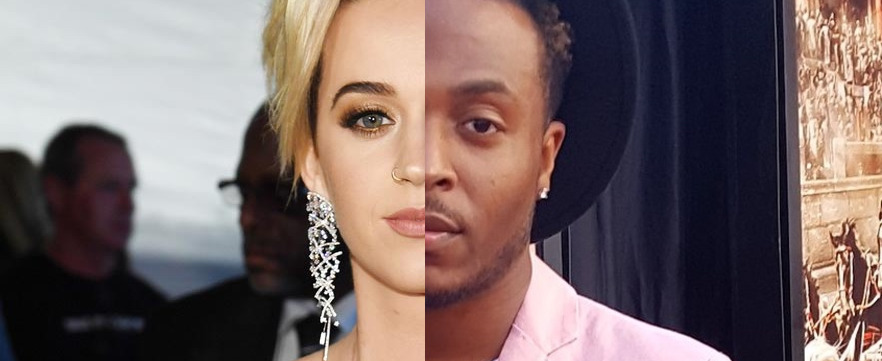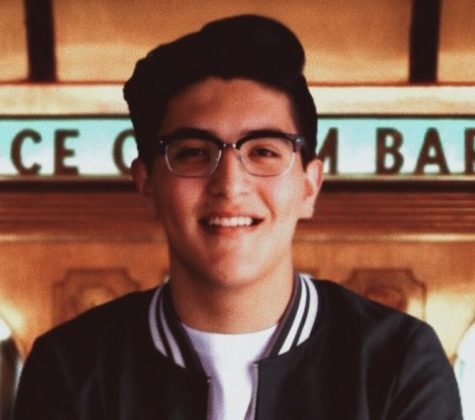Dark Horse takes a dark turn: Why Katy Perry should not face fines
courtesy Jeff Kravits Photo of Marcus Gray and KG2016/wikicommons
At the end of July, a jury declared that pop singer Katy Perry and her team guilty of plagiarism for her 2013 song Dark Horse. The fine placed on the defendant came to a whopping $2.8 Million. “Plagiarism is pretty serious and when someone accuses another, people tend to try their best to prove their point. For someone to claim plagiarism while having a basic beat that ANYONE could come up with doesn’t make things easier for anybody and shows that they clearly don’t really know what they’re talking about. Therefore, he (Flame) should not win and DEFINITELY shouldn’t have gotten that far in court,” said NC senior Olivia Hulsey.
August 27, 2019
Plagiarism in the music industry occurs frequently, but when someone accuses an artist, the cases usually never make it to court. Myriad accusations made against artists, the likes of Robin Thicke, Lana Del Rey, One Direction, and Childish Gambino, become great examples of this very thing. Christian rapper Marcus Grey (professionally known as Flame) accused pop singer Katy Perry of committing this crime back in 2014, becoming one of the rare cases that ended up in court. He claims that she plagiarized his 2008 song “Joyful Noise” with her 2013 hit song “Dark Horse” and that the witchcraft, Illuminati imagery, and black magic portrayed in Perry’s video ruined both the message of his song and his image as a Christian rapper. The plaintiffs also argued that since the beat in question plays in 45% of Perry’s songs they should receive 45% of its earnings, though that amount did not gain approval. The case finally reached closure last month declaring Katy Perry and her production team guilty and setting a fine of $2.8 million paid out by Perry and her producers.
When listening to both of the eight-note melodies in question, people normally say that they sound fairly similar but when looking further into the notes, pitch, and tempo, the differences become extremely clear. Both songs use the same technique, called an ostinato (a continually repeated musical phrase or rhythm), but this does not fall under what defines plagiarism, the hook to “Joyful Noise” contains a lower pitch and a faster tempo compared to the verse used in “Dark Horse.” The bulk of the claim stands as invalid because Flame wants to place a copyright on a basic beat. There is no originality in the beat he tries to claim so he cannot own it.
“They’re trying to own basic building blocks of music, the alphabet of music that should be available to everyone,” said Christine Lepera, Perry’s attorney.
The complete lack of musical knowledge surrounding the final decision in the case defines the most criticized part of this case. The trial took place in front of a jury which quickly became a huge issue. Flame’s team brought expert musicologist and professor at Washington University Todd Decker to explain the alleged similarities between the songs. The jury’s decision likely felt influenced by the extensive speech given by Decker due to his title, and not because of the actual information or argument presented.
“I have not seen another piece that descends in the way these two do,” Decker said. Perry’s attorney challenged his statement by showing other songs that use similar ostinatos such as “Jolly Old St. Nicholas” and “Merrily We Roll Along”. To press her point even further, Lepera asked Decker to sing the notes to show the lack of originality in any of the songs.
Most of the case ultimately appears nonsensical with proper information, as neither song contains any melodic or lyrical similarities, and its result will eventually hurt the music industry. The fine line between inspiration and plagiarism created by this case will make songwriting more difficult in the future. Musicians inspire other musicians and this decision will limit those creative liberties.







